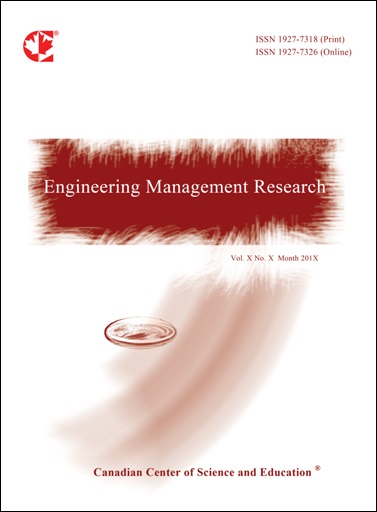Benefits Derived by District Assemblies from Their Project Consultants
- Joshua Ayarkwa
- B. Baiden
- D. Osei-Asibey
Abstract
Many of the problems in construction at the local authority level can be traced to consultants who supervise projects on behalf of local government agencies. Consultants therefore need to be evaluated regularly to ensure that they are delivering the expected benefits to their clients. This study seeks to assess the benefits District Assemblies (DAs) in Ghana derive from their consultants who supervise projects funded through the District Assemblies’ Common Fund. The study involved a postal survey of 80 DAs and identified the expected benefits the DAs would like to attain through the services of their consultants and the perceived actual benefits they had received. The study then highlights the weaknesses of the consultants for corresponding adjustments to satisfy the expectations of their clients. The one-way analysis of variance (ANOVA) (p=0.05) was used to determine the significance of the differences between the expected and the actual benefits. The findings revealed that, of the documented benefits DAs would expect to receive from the professional services rendered by their consultants, increasing accuracy of project budget estimation, saving cost, minimizing risk through improved tender documents, promoting better communication with clients, and meeting clients’ deadline were considered important benefits by the DAs. There were significant differences between the expected benefits and the level of benefits achieved from consultants. The actual benefits were generally lower than that expected by the DAs. District Assemblies’ consultants need to improve their ability to help enhance organization’s quality image, improve quality of engineering study recommendation and increase accuracy of project budget estimation among others, in order to meet their clients’ satisfaction. The paper is of value to local government agencies wishing to obtain greater benefits from their project consultants, and consultants wishing to realize their weaknesses for continual improvement.
- Full Text:
 PDF
PDF
- DOI:10.5539/emr.v2n2p41
Index
Contact
- Cathy TaylorEditorial Assistant
- emr@ccsenet.org
